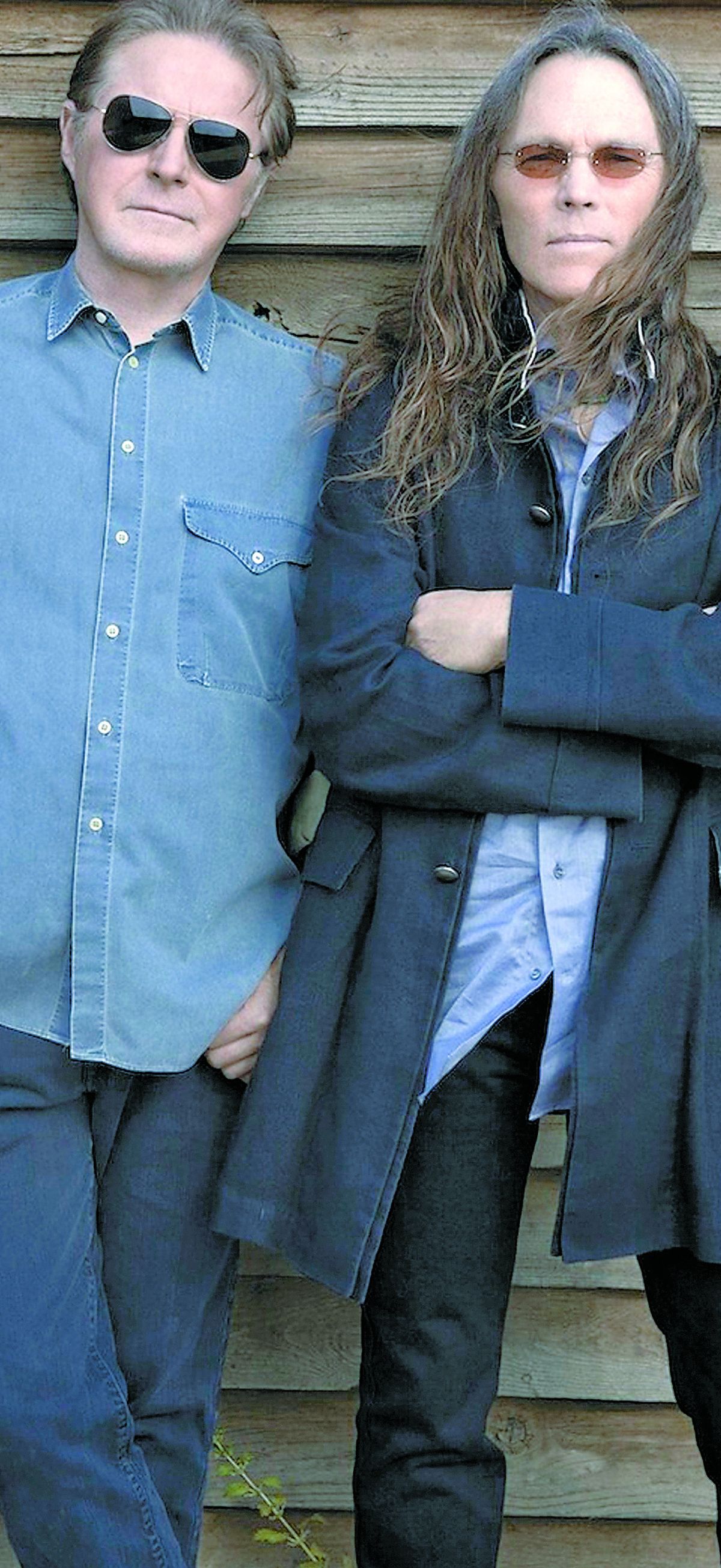Beyond the limit: the best Eagles deep cuts

It’s not cool to like the Eagles. At least that’s what hip music blogs and “The Big Lebowski” have taught us.
I’ve never really understood why. Is it because their music is so ubiquitous on AOR radio? Is it because they represent the plasticity of ’70s mainstream rock? Is it because of their seemingly endless string of reunion tours, or because they charge so damn much for concert tickets?
Maybe it doesn’t really matter, because the Eagles are still enormously popular, and I’d wager they have way more fans than detractors. The band performs at the Arena tonight, their first stop in Spokane since 2002, and if the show doesn’t sell out, it’ll likely come close.
Inspired by the name of the band’s newest tour, “History of the Eagles,” I’ve listened to their seven studio albums (the first five of which, impressively, were each released within a year of the last) and have sorted out the best tracks Eagles neophytes may not have heard before. These won’t be considered “deep cuts” to diehard fans, but for someone who’s only familiar with the greatest hits, this playlist-of-sorts serves as a nice antidote to hearing “Tequila Sunrise” for the millionth time.
• “Eagles” (1972): It’s difficult to imagine a time when this album was merely the humble debut of a mostly unknown L.A. rock band. Its three singles – “Witchy Woman,” “Peaceful Easy Feeling” and the Jackson Browne-penned “Take It Easy” – are still inescapable radio staples, and they’ve actually aged better than some of the band’s later material.
Best Deep Cut: “Nightingale,” also written by Browne, which could have easily been the fourth single.
• “Desperado” (1973): This sophomore album was far less popular than “Eagles” upon its release (it’s since sold more copies), but I think it’s slightly better and certainly more cohesive. The Eagles are still very much a country-rock band at this point, and their one foray into straight-ahead hard rock (“Out of Control”) is pretty lame. As a collection of wistful, modest outlaw ballads, though, this works.
Best Deep Cut: The album bookend “Doolin-Dalton.”
• “On the Border” (1974): The Eagles are starting to shake their country roots a bit, and this third album is infinitely more confident than its predecessors. Unlike “Desperado,” the best material here is the more rock-oriented stuff – “Already Gone,” “Good Day in Hell” and the title track, especially – while the country ballads (“Midnight Flyer,” “My Man,” “The Best of My Love”) are as syrupy as they are dusty.
Best Deep Cut: “On the Border.” “Good Day in Hell” is pretty good, too.
• “One of These Nights” (1975): Although this album’s three massive hit singles – the title track, “Lyin’ Eyes” and “Take It to the Limit” – are pretty typical of the Eagles’ trademark style thus far, some of the remaining tracks are among the band’s most ambitious. There are more sprawling guitar solos and more stylistic leaps than before, and it’s a perfect warm-up for their next (and best) album.
Best Deep Cut: It’s a tie between “Visions,” the only song with guitarist Don Felder on lead vocals, and “Journey of the Sorcerer,” an epic instrumental later used as the theme for the radio and TV adaptation of “Hitchhiker’s Guide to the Galaxy.”
• “Hotel California” (1976): The band’s first album with guitarist Joe Walsh is both its grandest statement and its most consistent record. Walsh’s barbed guitar licks help the Eagles shed their soft-rock image a bit, especially on “Life in the Fast Lane” (not nearly as edgy now as it must have been in ’76) and the title track, which remains an unsettling, evocative rock epic no matter how many times it’s played.
Best Deep Cut: They’re still pretty famous, but “Victim of Love” and “Try and Love Again” are great non-singles.
• “The Long Run” (1979): Personal animosity and creative burnout made this the last Eagles record of original material for nearly 30 years, and it’s definitely scattered, as if each of the members were running off in his own direction. The whole thing feels like a retread of “Hotel California,” especially the songs tsk-tsk-ing Tinsel Town excess (“The Disco Strangler,” “King of Hollywood”), but it was a massive success anyway.
Best Deep Cut: “In the City,” which sounds more like a Joe Walsh solo track.
• “Long Road Out of Eden” (2007): As if to compensate for lost time, this comeback studio album runs a whopping 90 minutes. The whole record isn’t on Spotify for reasons unknown, but a good portion of it is on YouTube, and what I’ve heard isn’t terrible. I still can’t imagine anyone choosing to listen to this over any of the previous albums, and perhaps the Eagles themselves agree: None of its 20 tracks are on the current set list. Maybe that’s not such a bad thing.